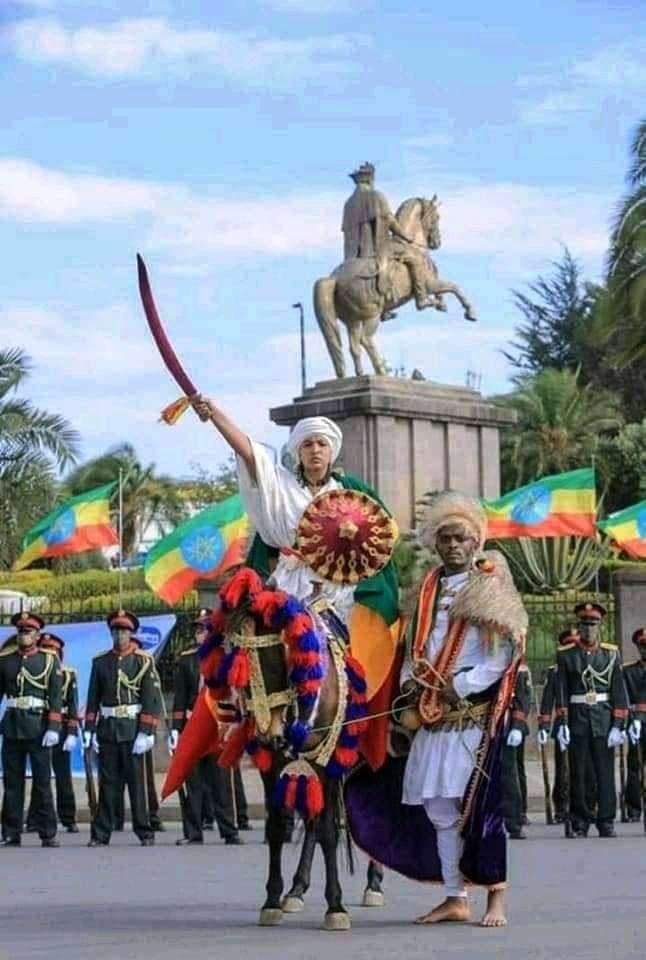


The Italians were then forced to withdraw to more defensible positions in Tigray Province, where the two main armies faced each other. On 7 December 1895, Ras Makonnen Wolde Mikael, Fitawrari Gebeyehu and Ras Mengesha Yohannes commanding a larger Ethiopian group of Menelik's vanguard annihilated a small Italian unit at the Battle of Amba Alagi. In January 1895, Baratieri's army went on to defeat Ras Mengesha Yohannes in the Battle of Coatit, forcing Mengesha to retreat further south.īy late 1895, Italian forces had advanced deep into Ethiopian territory. The Italian army then occupied the Tigrayan capital, Adwa. Units of General Oreste Baratieri's army under Major Pietro Toselli crushed the rebellion and killed Bahta. In December 1894, Bahta Hagos led a rebellion against the Italians in Akele Guzai, in what was then Italian controlled Eritrea. As a result, Italy and Ethiopia came into confrontation, in what was later to be known as the First Italo-Ethiopian War. The Italian government decided on a military solution to force Ethiopia to abide by the Italian version of the treaty. However, the Italian diplomats claimed that the original Amharic text included the clause and that Menelik II knowingly signed a modified copy of the Treaty. The Amharic version of the article, however, stated that the Emperor could use the good offices of the Kingdom of Italy in his relations with foreign nations if he wished. The Italian-language version of the disputed Article 17 of the treaty stated that the Emperor of Ethiopia was obliged to conduct all foreign affairs through Italian authorities, effectively making Ethiopia a protectorate of the Kingdom of Italy. A dispute later arose over the interpretation of the two versions of the document. In it, Italy also promised to provide financial assistance and military supplies. The treaty, signed after the Italian occupation of Eritrea, recognized Italy's claim over the coastal colony. In 1889, the Italians signed the Treaty of Wuchale with the then King Menelik of Shewa. Adwa became a pre-eminent symbol of pan-Africanism and secured Ethiopian sovereignty until the Second Italo-Ethiopian War forty years later. By the end of the 19th century, European powers had carved up almost all of Africa after the Berlin Conference only Ethiopia and Liberia still maintained their independence. The decisive victory thwarted the campaign of the Kingdom of Italy to expand its colonial empire in the Horn of Africa.

The Ethiopian forces defeated the Italian invading force on Sunday 1 March 1896, near the town of Adwa. The Battle of Adwa ( Amharic: የዐድዋ ጦርነት Tigrinya: ውግእ ዓድዋ Italian: battaglia di Adua, also spelled Adowa) was the climactic battle of the First Italo-Ethiopian War.


 0 kommentar(er)
0 kommentar(er)
